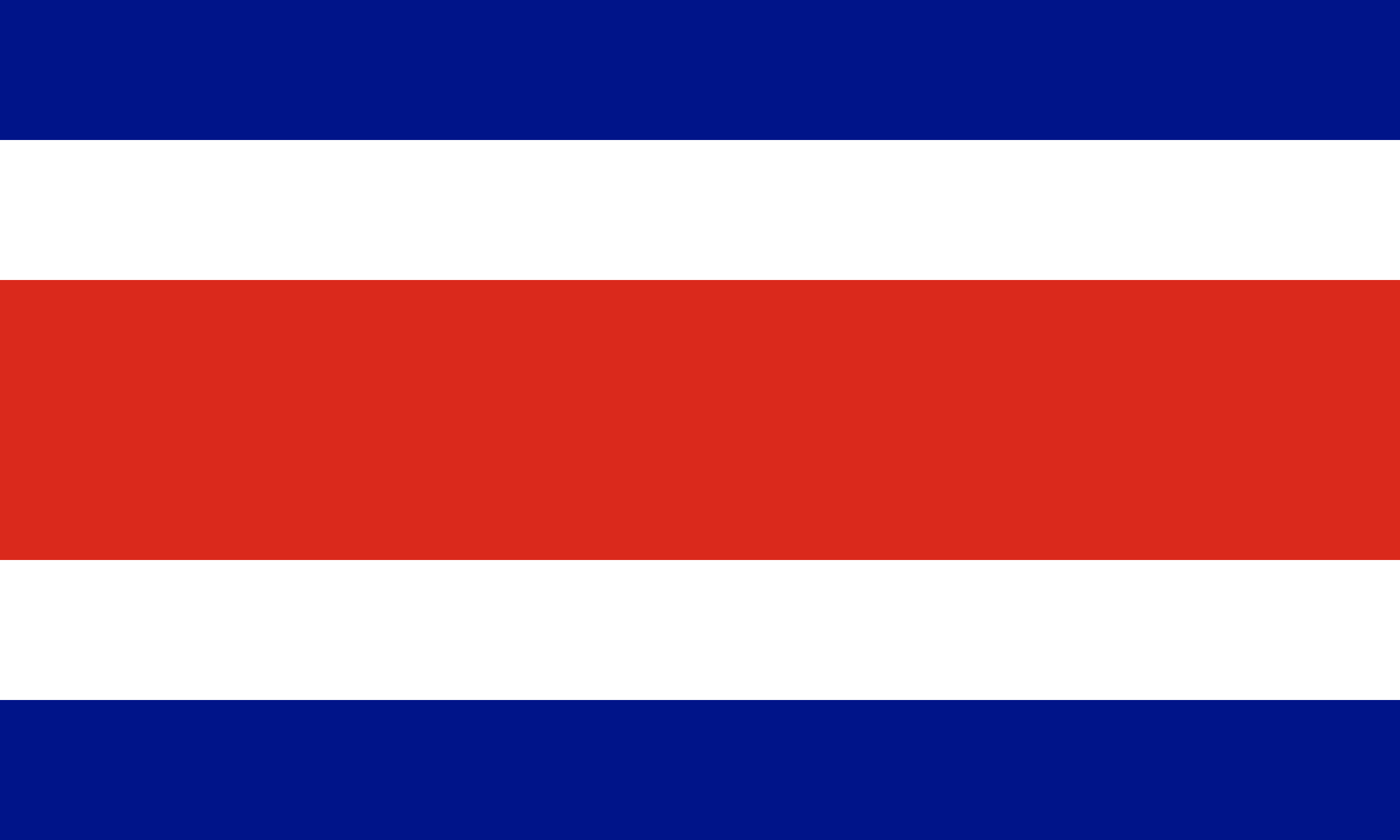Wyoming provides a range of business structures tailored to meet the specific needs of iGaming companies. These options address the unique regulatory, tax, and operational requirements of the industry, offering flexibility and protection for businesses venturing into this market.
Limited Liability Company (LLC)
The Limited Liability Company (LLC) is a top choice for iGaming businesses in Wyoming. This structure blends the liability protection of a corporation with the tax advantages and operational ease of a partnership. Wyoming LLCs benefit from pass-through taxation, which means profits are taxed only once at the individual level, and personal assets are shielded from business liabilities.
Wyoming's LLC laws are particularly strong when it comes to asset protection. Members enjoy robust charging order protection, making it difficult for creditors to access LLC assets to settle personal debts of its members. This makes Wyoming an attractive option for entrepreneurs looking for security and peace of mind.
Another standout feature is the flexibility in management. LLCs in Wyoming can be either member-managed or manager-managed, without the need for complex board structures. Additionally, profits can be distributed in ways that don't align strictly with ownership percentages, allowing for strategic tax planning.
Single-member LLCs are also permitted, making this structure a great fit for solo iGaming entrepreneurs. There's no minimum capital requirement, ensuring accessibility for startups. For those seeking more formal governance, corporations may be a better fit.
Corporation (C-Corp or S-Corp)
Corporations are ideal for larger iGaming businesses or those looking to raise significant capital. Wyoming corporations can choose between two tax classifications: C-Corporation or S-Corporation, depending on their business goals.
- C-Corporations are particularly attractive to investors, as they can issue multiple classes of stock. This makes them a preferred choice for venture capitalists and angel investors who often seek preferred shares.
- S-Corporations, on the other hand, offer pass-through taxation while retaining the corporate structure. This option works well for iGaming companies with domestic ownership, though it comes with limitations, such as a maximum of 100 shareholders, all of whom must be U.S. citizens or residents. Owners working in the business are required to pay themselves reasonable salaries, which can result in self-employment tax savings.
Wyoming corporations also benefit from strong protections for directors and officers, shielding them from personal liability for decisions made in good faith. Additionally, the state allows corporations to indemnify directors and officers for legal expenses, adding another layer of security.
However, corporations do come with more extensive compliance requirements compared to LLCs. These include holding regular board meetings, maintaining detailed records, and passing corporate resolutions. For iGaming businesses managing multiple brands, Series LLCs may offer a more streamlined alternative.
Series LLC
The Series LLC is a unique option, especially appealing to iGaming companies managing multiple brands, games, or market segments. This structure allows the creation of separate "series" within a single LLC, each with its own assets, liabilities, and business purpose, while sharing the overarching LLC framework.
Each series operates independently, meaning liabilities from one series typically don’t affect the others or the main LLC. For iGaming operators running multiple casino brands or targeting various markets, this setup provides built-in asset protection and operational flexibility.
The cost structure is also efficient. All series share the same $100 formation fee and $60 annual fee. Instead of forming separate LLCs for each business line - which would require multiple filing fees and additional administrative work - businesses can create new series without incurring extra state fees.
This structure is particularly beneficial for international iGaming companies expanding into different regions. Each series can hold its own gaming licence, comply with specific regulatory frameworks, and maintain separate financial records, all while enjoying centralised management and reduced administrative overhead.
That said, Series LLCs are relatively new, and not all states recognise the liability separation between series. Despite this, they remain a compelling option for sophisticated iGaming operations seeking flexibility and cost efficiency.














.png)






























